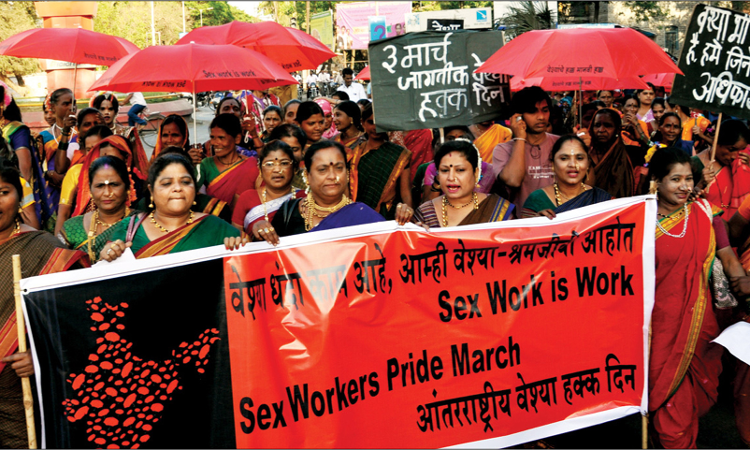'Right To Dignity A Fundamental Right' : Supreme Court Directs Issuance Of Ration Cards, Voter IDs To Sex Workers
Shruti Kakkar
15 Dec 2021 9:29 PM IST

"Right to dignity is a Fundamental Right that is guaranteed to every citizen of this country irrespective of his/her vocation", the SC said.
Next Story


